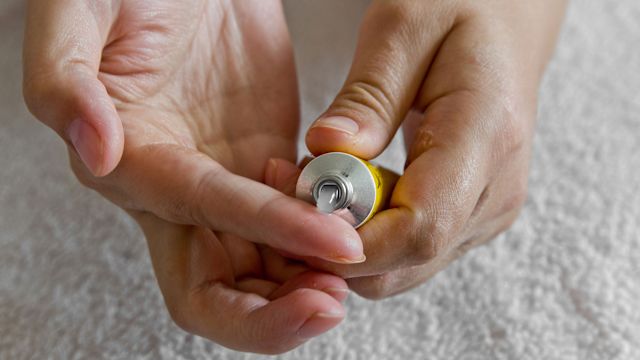People who have genital psoriasis experience skin lesions, irritation, pain, itching and a number of other uncomfortable symptoms in some of the most sensitive areas of the body—the skin on the genitals and the skin around the genitals.
Symptoms and severity vary from person to person, but the most common form of psoriasis that affects these areas of the body is inverse psoriasis. Inverse psoriasis causes lesions that are red, and may be smooth or shiny in texture. Inverse psoriasis can look very different than plaque psoriasis, which causes raised patches of skin that have a silvery, scaled appearance.
Though all forms of psoriasis (as well as psoriatic arthritis) are caused by the same underlying autoimmune disease, treatment of genital psoriasis is a little different. The skin on and around the genitals is thinner and more sensitive than the skin on other areas of the body (like the elbows, knees and back, areas that are commonly affected by plaque psoriasis).
Though not all psoriasis treatments are safe or suitable to use for genital psoriasis, there are a number of treatment options that can help ease the physical discomfort of genital psoriasis and improve the appearance of the skin.
Topical therapies
Topical therapies are creams, ointments or gels that are applied directly to the affected areas of the skin, and are a popular treatment option for many types of skin conditions, including psoriasis. Low-dose topical corticosteroids, coal tar and vitamin-D based treatments may all be prescribed by a healthcare provider to treat genital psoriasis. It’s important to note that long-term use of strong corticosteroids can cause thinning of the skin, especially in areas of the body where the skin is already thin and sensitive. Strong coal tar therapy can also raise a person’s risk of genital cancer. As with any medicine, topical treatments must be used exactly as prescribed and only used under the guidance of a healthcare provider.
Ultraviolet (UV) light therapy
UV light therapy (also called UV phototherapy) is potential treatment option for special cases of genital psoriasis. Exposure to UV light can help regulate the life cycle of skin cells, and is a method used to treat moderate-to-severe plaque psoriasis. However, UV light must be used with particular caution when applied to the genital areas, and comes with a number of risks, including sunburn and an increased risk of genital cancer. UV light therapy is only used as a treatment in special cases of genital psoriasis, and only in much lower doses than it is used to treat psoriasis on other areas of the body, and must always be done under the supervision of a healthcare professional trained in UV light therapy.
Systemic treatments
Though not a first-line treatment, systemic medications are another possible treatment option, especially for patients who also have moderate-to-severe psoriasis in other areas of the body. Systemic treatments work by suppressing the immune system or parts of the immune system in order to slow or stop the autoimmune process that is causing the psoriasis symptoms. Because these drugs suppress immune functions, they can cause a number of side effects, including increasing a person’s risk of infection. Different systemic treatments are taken in different ways—some as pills, some as injections, some as infusions.
Medically reviewed in December 2019.





